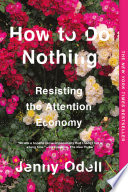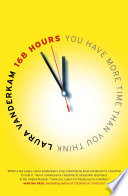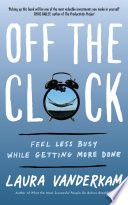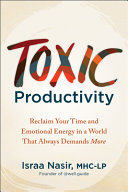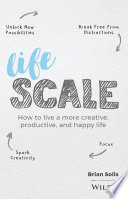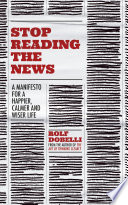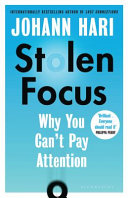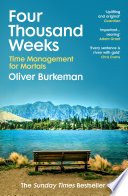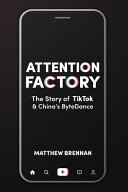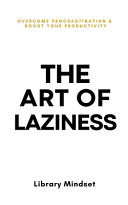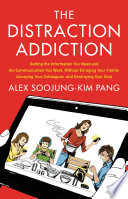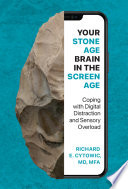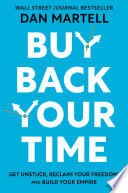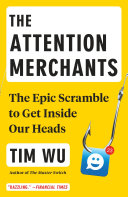Summary
In 'How to Do Nothing: Resisting the Attention Economy,' Jenny Odell presents a compelling critique of the modern attention economy, where our focus is commodified and exploited by various entities. The book serves as a manifesto for reclaiming our attention, emphasizing the importance of leisure, mindfulness, and community engagement in a world that often prioritizes productivity over well-being. Odell argues that by understanding the mechanisms behind the attention economy, we can resist its pull and cultivate a more meaningful existence.
The book begins by outlining the pervasive nature of the attention economy, where social media and digital platforms vie for our focus. Odell highlights how this constant barrage of notifications and distractions can lead to anxiety and disconnection, urging readers to recognize the impact of these influences on their lives. She emphasizes the need to reclaim our attention as a vital step toward personal empowerment and fulfillment.
A central theme of the book is the importance of place and our relationship with our surroundings. Odell encourages readers to reconnect with their local environments, fostering a sense of belonging and understanding of the interdependence of our lives. This connection to place serves as a counterbalance to the isolating effects of the digital world, reminding us of the beauty and complexity of our immediate contexts.
Odell also advocates for the significance of leisure, challenging the notion that busyness equates to value. By reclaiming leisure time, individuals can engage in activities that foster creativity and community, ultimately leading to a more balanced life. This idea is closely tied to the practice of mindfulness, which Odell promotes as a means of cultivating presence and awareness in a world filled with distractions.
Community engagement is another key aspect of the book, as Odell emphasizes the importance of investing time and energy into our local communities. By doing so, we can create authentic connections and contribute to collective well-being, countering the loneliness that often accompanies digital interactions.
Moreover, Odell challenges the negative perception of boredom, suggesting that it can serve as a catalyst for creativity and self-discovery. By embracing moments of stillness, we can tap into our inner thoughts and feelings, leading to personal growth and insight. This perspective encourages readers to find value in authenticity and resist the urge to perform for the sake of external validation.
Ultimately, 'How to Do Nothing' is a call to action for individuals to reclaim their attention and prioritize what truly matters in their lives. By resisting the pressures of the attention economy, readers can cultivate a more meaningful existence rooted in connection, creativity, and authenticity. Odell’s insights offer a refreshing perspective on the importance of slowing down and finding value in the present moment, making this book a timely and necessary read in our fast-paced digital age.
